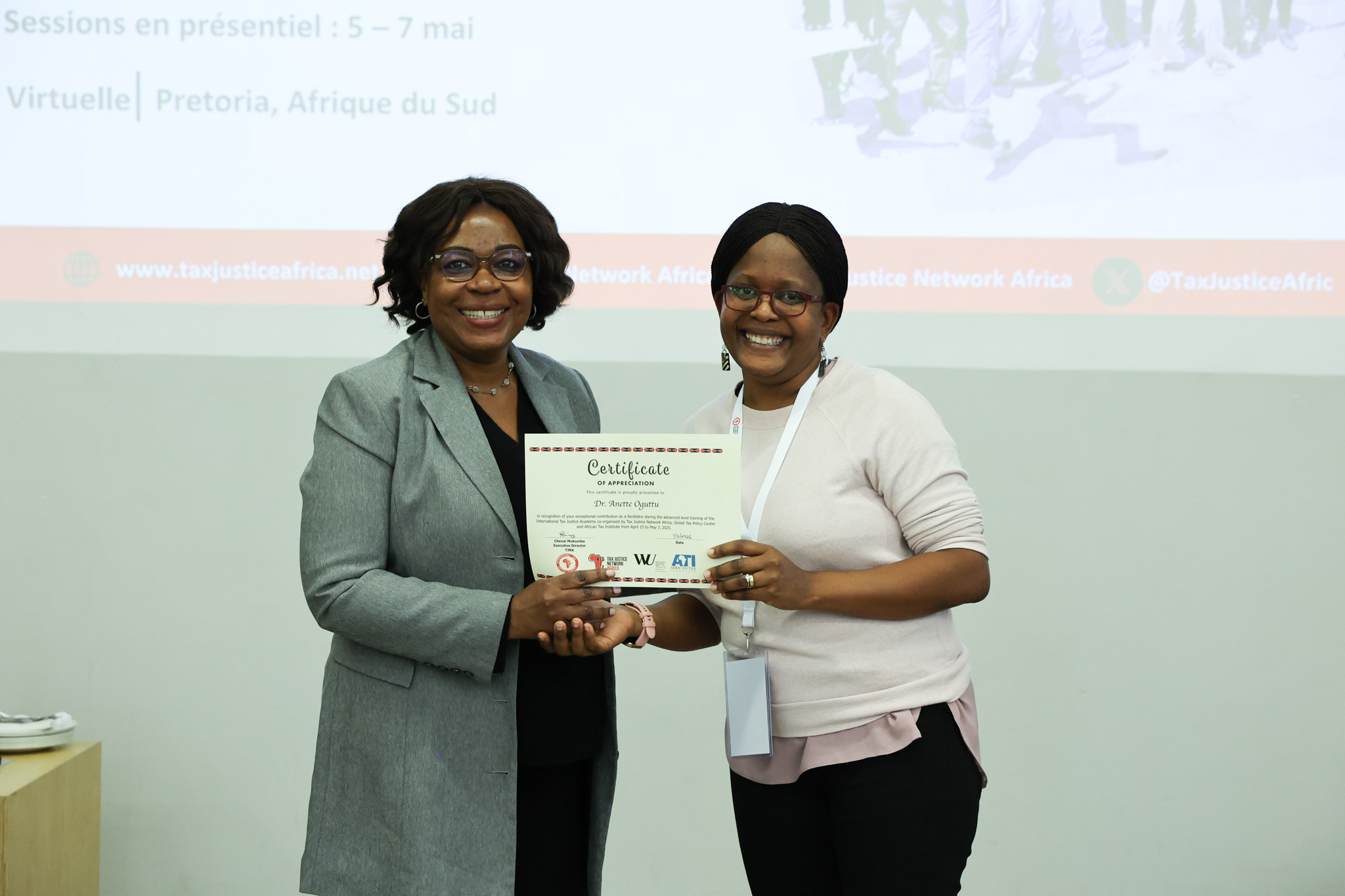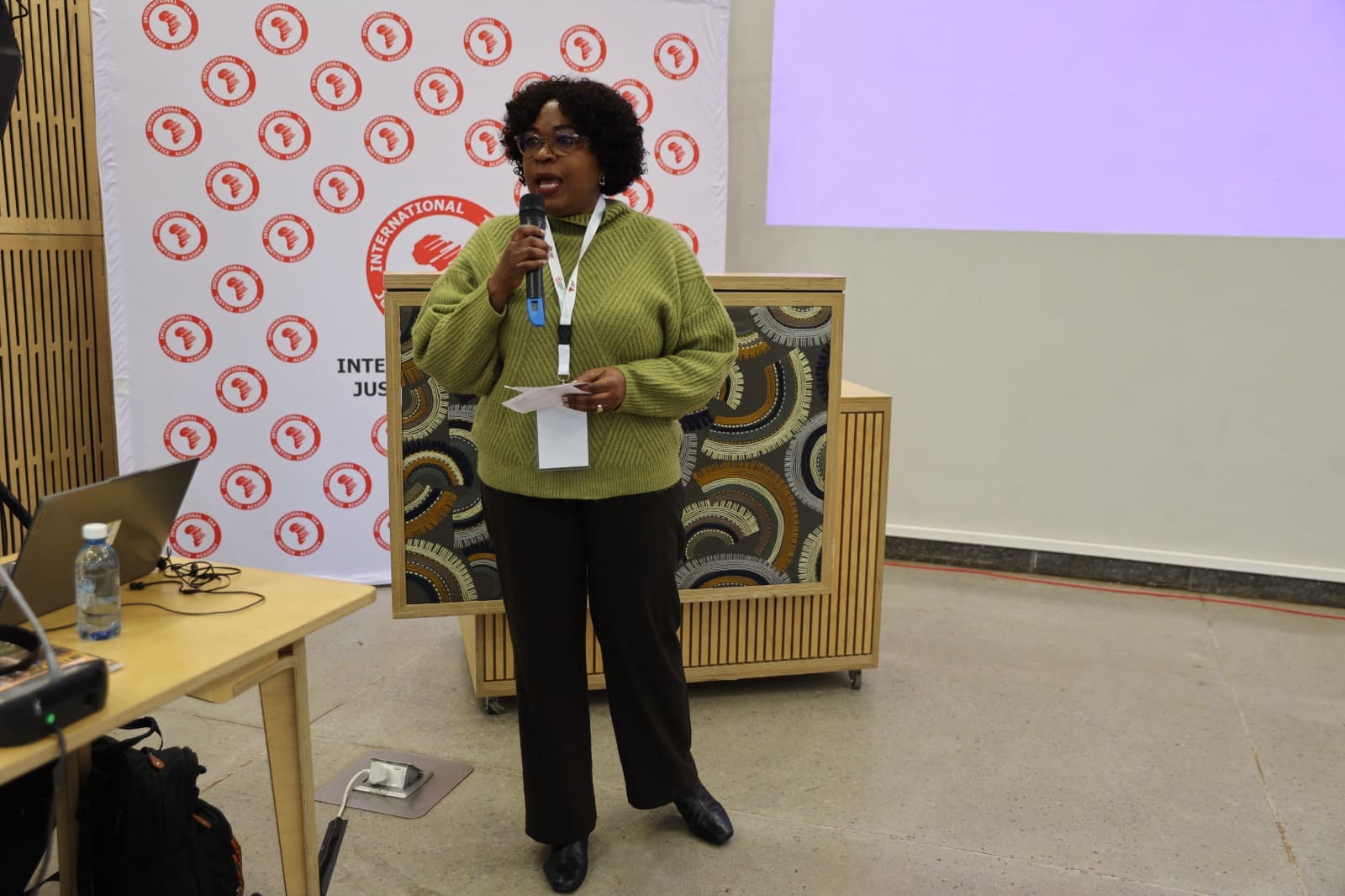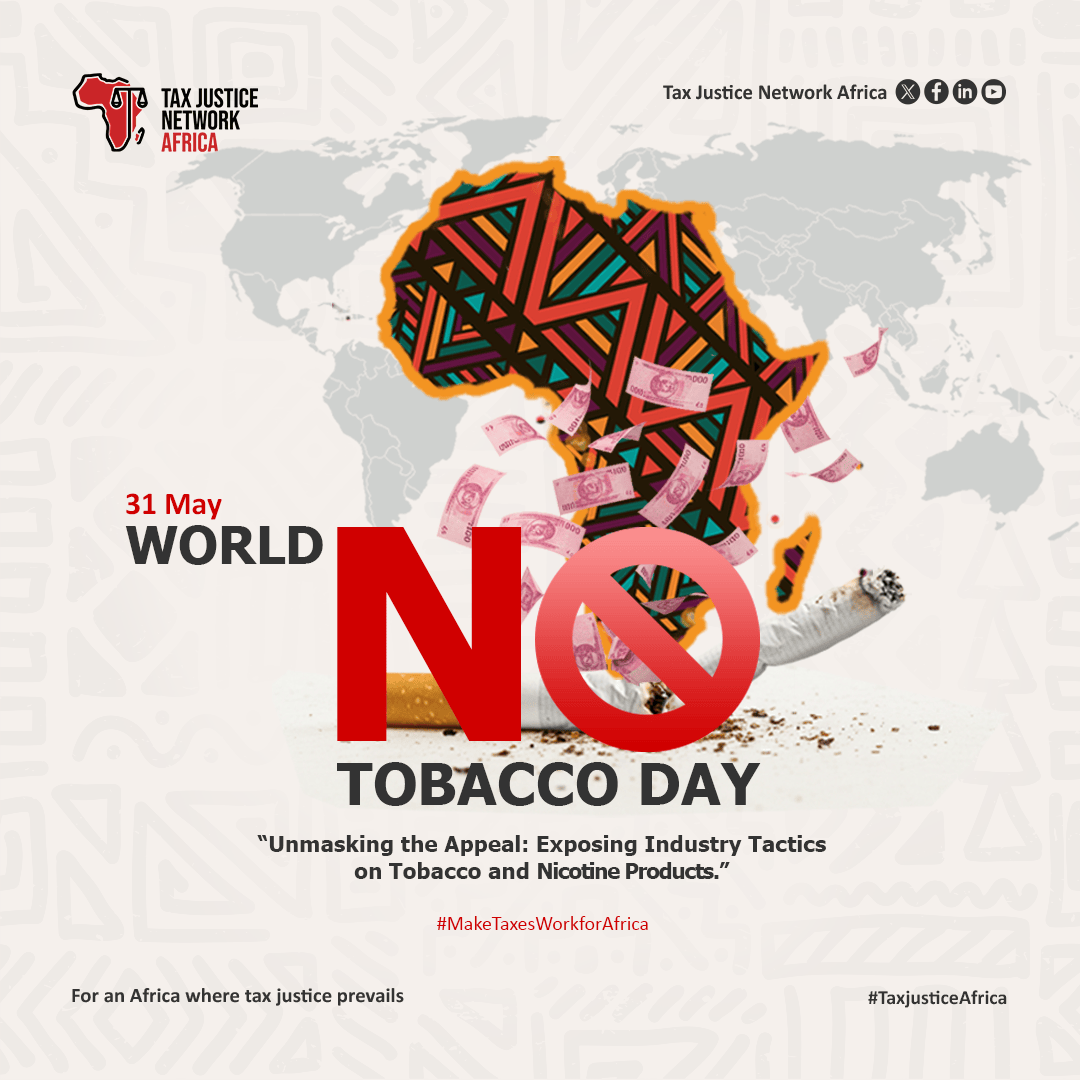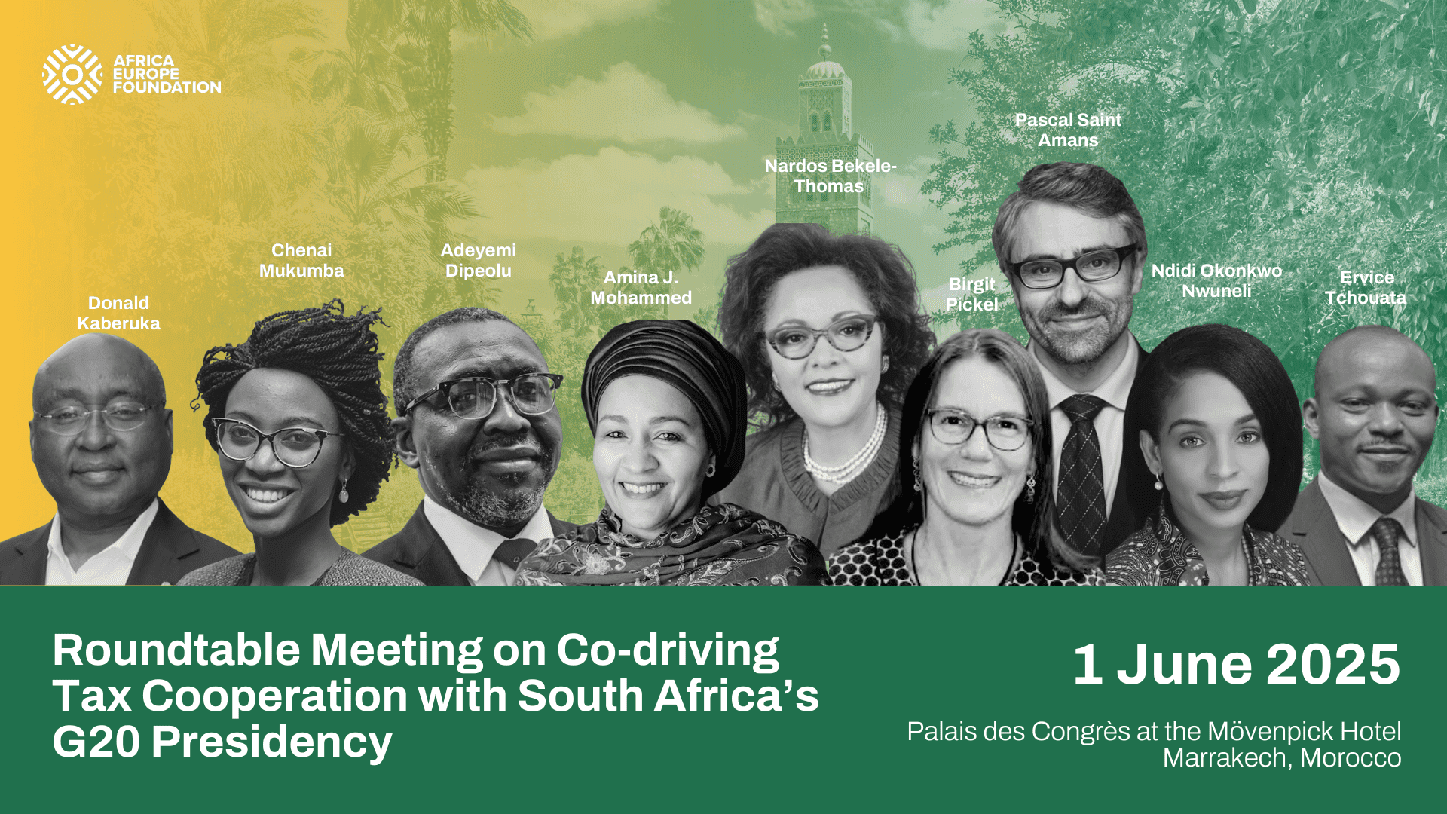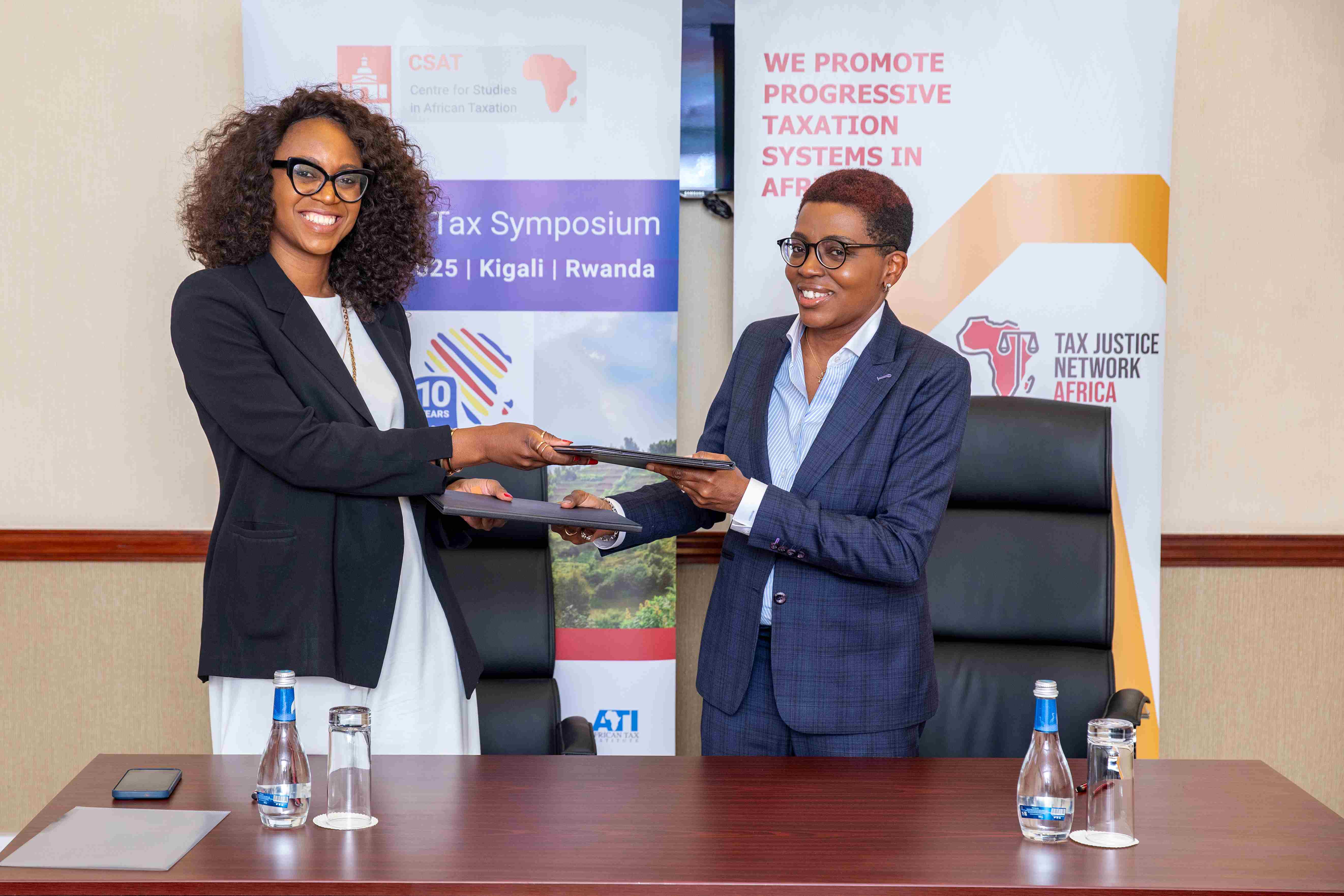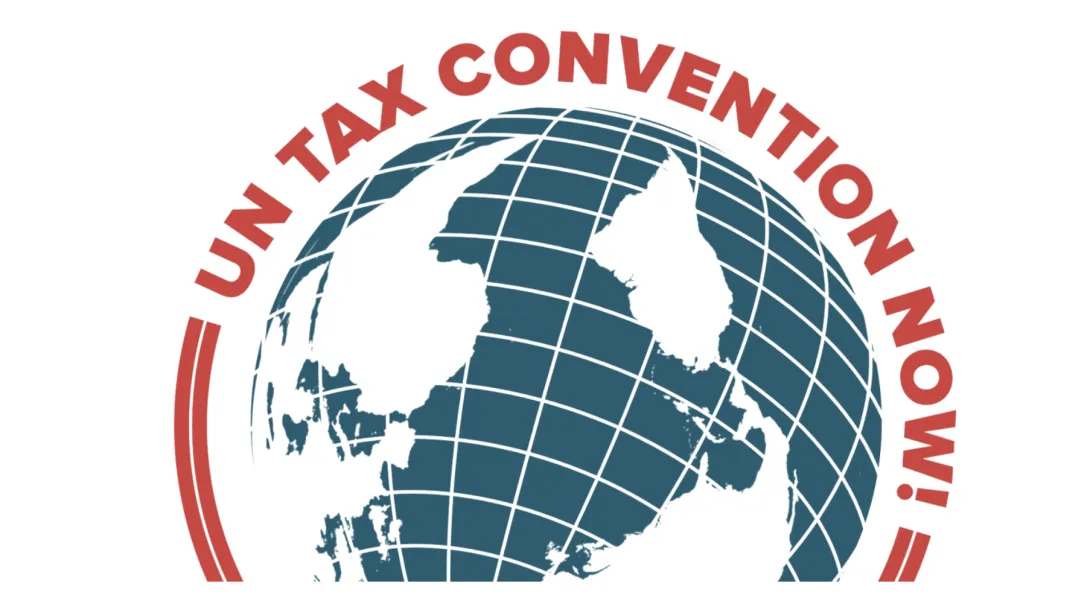
Day 1: 3 February 2025
The United States walks out, but the UN Tax Negotiations continue.
3 February 2025 marked the beginning of the Organisational Session of the historic Intergovernmental Negotiating Committee (INC) on the United Nations Framework Convention on International Tax Cooperation commenced. The session’s agenda included the election of committee officers, the resolution of key organizational matters—such as establishing decision-making rules—and the selection of the subject for the second early protocol. This subject was to be chosen from the list of priority areas outlined in paragraph 16 of the terms of reference (A/AC.298/2), which are as follows:
-
Taxation of the digitalized economy;
-
Measures against tax-related illicit financial flows;
-
Prevention and resolution of tax disputes; and
-
Addressing tax evasion and avoidance by high-net-worth individuals, ensuring their effective taxation in the relevant Member States.
The session was officially opened by the new INC Chair, Egypt’s Deputy Minister of Finance for Tax Policy and Reforms, Ramy Youssef. Among the 18 Vice Chairs elected to the bureau, Africa is represented by Daniel Nuer (Ghana), Wanjiru Kiarie (Kenya), and Mathew Gbonjubola (Nigeria).
Following the adoption of the agenda, Member States began their submissions regarding the framework convention and the two protocols discussed in previous sessions. While all parties acknowledged the significance of the negotiations, divergent views emerged on decision-making processes. Developed countries advocated for consensus-based decision-making, whereas the Africa Group—represented by Egypt—noted that while they would aim for consensus during the negotiations, they remained dedicated to completing the process within the dedicated time frame. This sentiment was reflected by a broad spectrum of other developing countries.
In a shocking turn of events, following its submission, the United States walked out of negotiations. The US indicated that their reason for leaving the negotiations was that the ‘goals of the UN Framework Convention on International Cooperation on International Tax Cooperation are inconsistent with US priorities and represent unwelcome overreach.’ 1It indicated that it did not plan to cooperate any further in the negotiations and intended to reject the outcome of the framework convention process and welcomed others to join it in opposition. Despite its call, no other member states followed it out.
In the past month, the US has expressed its displeasure with measures that translate to sharing taxing rights over the income that American multinational enterprises garner from other jurisdictions. In light of the previous insistence by the US, the European Union and other developed countries for a consensus-based approach in negotiating the UN Tax Convention, this reaction by the US reflects the threat that could come from this proposal. Putting in place voting measures that could allow one country to stall the progress of an entire negotiation process could result in discussions and subsequently outcomes that reflect the interests of few to the detriment of all. Such a scenario highlights the critical importance of ensuring that all countries participate in international tax cooperation on an equal footing.
Tax Justice Network Africa is a member of the Global Alliance for Tax Justice, for additional information kindly refer to the official GATJ civil society press release here.
For more information on the UN Tax Convention Negotiations, please contact Everlyn Muendo at emuendo[@]taxjusticeafrica.net.

